Home Generator- Connecting to the house
18 years ago
Featured Answer
Sort by:Oldest
Comments (28)
- 18 years ago
Related Professionals
Fillmore Landscape Architects & Landscape Designers · Southfield Landscape Architects & Landscape Designers · Crystal Landscape Contractors · Mason Landscape Contractors · Royal Oak Landscape Contractors · Saint Paul Landscape Contractors · Wallingford Landscape Contractors · Reisterstown Landscape Contractors · Maple Grove Decks, Patios & Outdoor Enclosures · Fort Collins Decks, Patios & Outdoor Enclosures · Kissimmee Decks, Patios & Outdoor Enclosures · Pittsburgh Decks, Patios & Outdoor Enclosures · Troy Decks, Patios & Outdoor Enclosures · Wheaton Decks, Patios & Outdoor Enclosures · Frisco Home Builders- 18 years ago
- 18 years ago
- 18 years ago
- 18 years ago
- 17 years ago
- 17 years ago
- 17 years ago
- 17 years ago
- 17 years ago
- 17 years ago
- 17 years ago
- 17 years ago
- 17 years ago
- 17 years ago
- 17 years ago
- 17 years ago
- 17 years ago
- 17 years ago
- 17 years ago
- 16 years ago
- 16 years ago
- 16 years ago
- 16 years ago
- 16 years ago
- 13 years ago
- 12 years ago
Related Stories
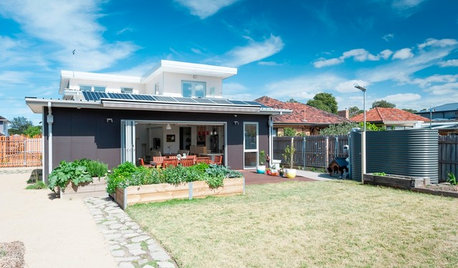
GREEN BUILDINGHouzz Tour: An Energy-Efficient Home for 3 Generations
This Australian house takes sustainability and accessibility to a new level
Full Story
HOUZZ TOURSHouzz Tour: Innovative Home Reunites Generations Under One Roof
Parents build a bright and sunny modern house where they can age in place alongside their 3 grown children and significant others
Full Story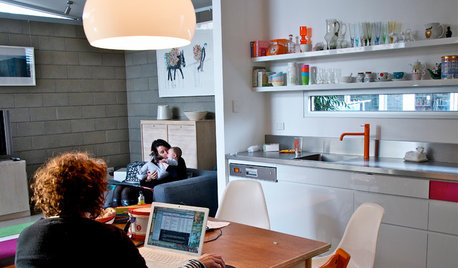
HOUZZ TOURSMy Houzz: An Australian Home Appeals to 3 Generations
Two separate ecofriendly dwellings on an Adelaide property mean family is never far away
Full Story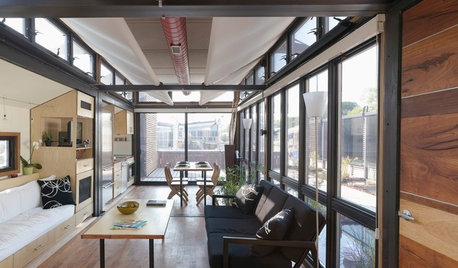
ARCHITECTUREMeet the Next Generation of Incredibly Adaptable Homes
Move a wall or an entire kitchen if you please. These homes scale down and switch it up with ease as needs change
Full Story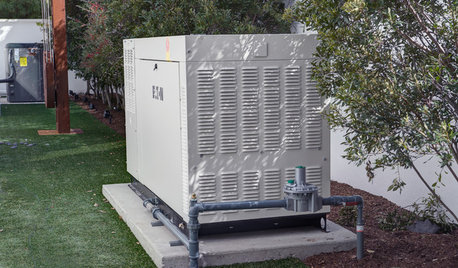
DISASTER PREP & RECOVERYMore Power to You: How to Pick the Right Generator
If your home's electricity goes, don't let it take your necessities with it — keep systems running with this guide to backup power
Full Story
HOUZZ TOURSMy Houzz: Making Room for 3 Generations
A Salt Lake City home creates privacy and independence for grandparents, parents, kids and dogs
Full Story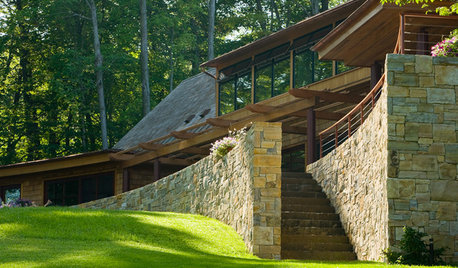
CONTEMPORARY HOMESHouzz Tour: 2 Wings for 3 Generations on a Vermont Lake
An extended family enjoys a spacious waterfront home influenced by farmhouses and Japanese architecture
Full Story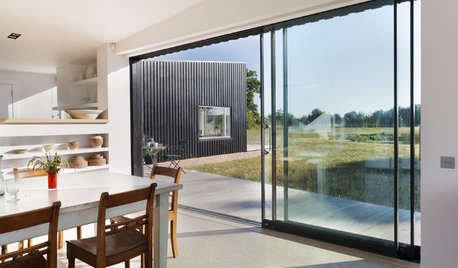
HOMES AROUND THE WORLDHouzz Tour: Modern and Connected to the Land
A strong link with its surroundings was the priority for this house built on a former pig farm in Suffolk, England
Full Story
TRADITIONAL HOMESHouzz Tour: Connecticut Farm Restored for Generations to Come
A man renovates his extended family’s stately farmhouse and land. Sustainable practices are used in gardens, wetlands and recreation areas
Full Story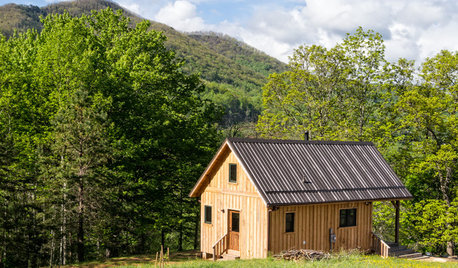
HOUZZ TOURSHouzz Tour: 10 Acres, 3 Generations and Many Animals in North Carolina
Check out a throwback-style cabin that celebrates simplicity, reclaimed materials and family
Full Story

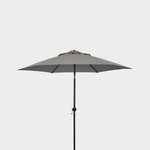
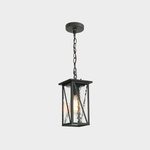


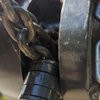
Jeffrey_